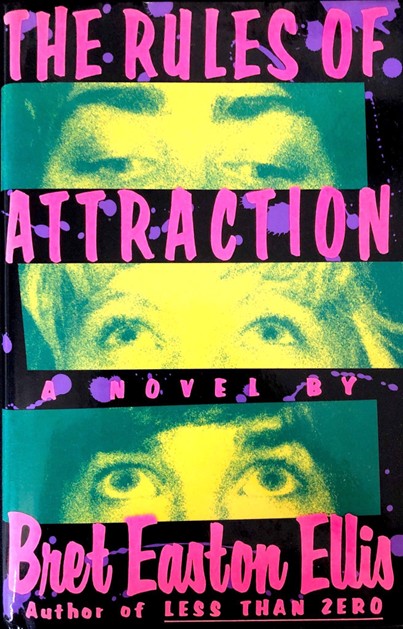As this is my first year reading slush, I don’t know what submissions look like usually, but this time around there was a lot of pandemic content. And I get it – it seems like no matter what it is I set out to write lately, COVID interrupts, pushes others aside, and insists on being the main character.
But as I was reading these pieces, I noticed that there were very few that worked. So I started wondering why writing about COVID is so tricky.
The most obvious answer seems to be that we have reached a point of drain and despair about the current state of the pandemic and just don’t want to be forced to think about it any more. It’s been an exhausting year, after all. Maybe it’s a survival tactic of sorts – emotional survival of course, since it’s literally killing us to ignore it. But I digress. This isn’t about anti-maskers.
Many of the submissions I read were obviously written in the spring, at the beginning. So some of them just didn’t age well; they were about finding hope in the stillness of quarantine, meeting neighbors, being outside more. Meanwhile people were of course dying – and sometimes they were mentioned too – but there was still something lacking, even in the pieces that were written later or those that seemed to acknowledge the heaviness of the moment more.
So I started thinking maybe it was that you can’t really write about an experience while still living it. I mean, you don’t go through a breakup and write about it on the same day afterall. You need hindsight. In creative nonfiction, we talk a lot about distance. To write about something traumatic, you have to have had enough distance to have processed it. Living in a pandemic is traumatic and we’re not processing it, we’re surviving it. We have no hindsight and also very little foresight, it would seem. This is sometimes called double perspective – who you are at the time of writing the piece versus the time of the story. While you don’t have to have that perspective, the reflection it involves is often the most important part of a good piece for me.
And yet – there are plenty of writers who have managed to write about this time in a way that does work and that even stands the test of time. My friend Anney published a pandemic piece back in the spring and when I go back to it, I’m still moved. Perhaps this is because it is not attempting to tackle too much about the pandemic or define this cultural moment. Though her time-of-writing perspective is during COVID, it’s weaved in so cleverly as to make us wonder if this has always been happening, if it is the natural conclusion to where we were headed all long. And we get this little reflective gem:
“[…] this is the way of the world now: there is no longer inside the ambulance and outside the ambulance (the bedroom, the kitchen, the church, the office, the classroom, the bathroom). On Easter Sunday, I take communion in bed.”
In terms of better known writers, Chimimanda Ngozi Adichie’s piece,“Notes On Grief,” strikes me as another example of writing that is not really about the pandemic but manages to hit on something about how death and grief are just different in a pandemic. Her piece is mostly about losing her father, but it’s also about not knowing when you can grieve, not knowing when a burial can take place because of the backdrop of the pandemic. Many of the scenes in the piece involve technology, but not in that “what is this hellscape I’m living in” sort of way. It’s just there, uncommented upon; it’s how she sees her father’s face right after he’s died.
She also lost two aunts during COVID and the piece becomes, in many ways, about death in general during COVID, not just the loss of her father.
“The virus brought close the possibility of dying, the commonness of dying, but there was a semblance of control if you stayed home, if you washed your hands. With her [the aunt’s] death, the idea of control was gone.”
And so, maybe it is possible to process this time and write it. I guess keep trying, if that’s where your writing leads you. But watch out – it’s tricky.



